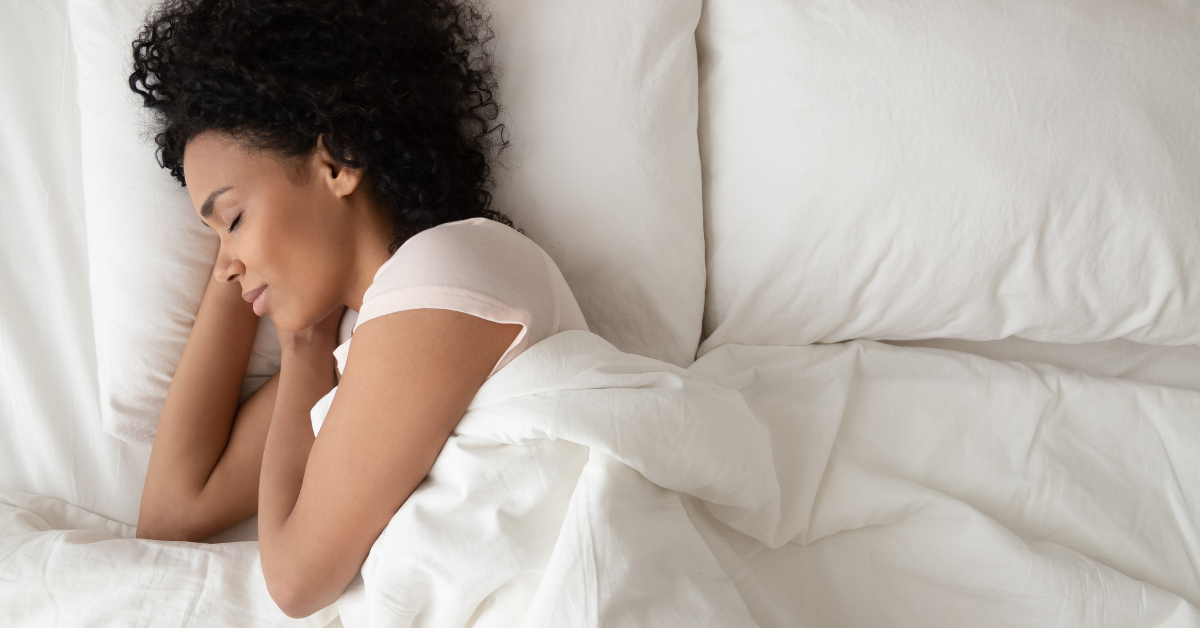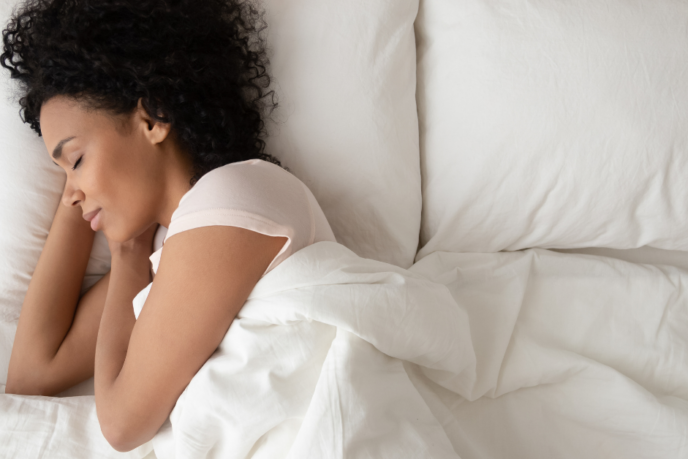
Does this sound familiar?
Your alarm goes off. You get up, let out a big yawn, groggily look around and sigh: another night of restless sleeping.
This disappointing scenario, unfortunately, is becoming more prevalent in our patients. This observation inspired us to get involved, and we are glad to have identified solutions for this problem.
Before we get into the finer details of how we fit into the picture, let’s first dive into what is probably the most vital aspect of our everyday life: sleep.

What is sleep?
Sleep -/sli:p/ – The decline in responsiveness and movement behaviour.
Sleep’s core function is to preserve life, meaning we cannot go without it in a 24-hour cycle. Besides providing rest, sleep contributes to:
– Maintenance of body temperature and blood pressure.
– Healthful Immune system upkeep.
– Reduction of the risk of dementia advancement.
The four stages of sleep
Only a handful of people know that the sleep we enjoy (or not) at the end of each day transitions over four different (Non-REM) sleep stages. Let us briefly go through them:
Stage 1 Time to close your eyes:
This stage occurs soon after you get into bed, switch off the lights and close your eyes. Here, your pineal gland (located at the base of the brain) starts producing melatonin (a sleep-regulating hormone). It’s considered to be the “shallow” stage of sleep as it lasts for only 5 minutes.
Stage 2 The start of something wonderful:
At this stage, the brain would have formed spindles (half second electrical bursts from a deep section of the brain). As soon as the frequency tapers off, your heart rate slows down, your body temperature drops. Stage 2 contributes to the maintenance of your long-term memory and lasts around 50 minutes.
Stage 3 & 4, this is where the groundwork happens:
Like the rest of your body, your brain needs food. Stages 3 and 4 are coma-like states that are crucial to our wellbeing.
Considered the deep-sleep section, these two stages help facilitate the production of the growth hormone (somatotropin) needed for muscles and bones.
REM Sleep Where the dreams come true
Rapid Eye Movement (REM) sleep is the phase of sleep where dreaming occurs and takes up a fifth of the total rest time in adults. Scientists believe that this stage can last up to 2 hours.
During stage 3- 4, some people tend to snore. This situation usually results in the need for gadgets that reduce snoring. In some cases, however, other patients experience inconsistency in the sleep stages which can result in a sleeping disorder. Now, this is where we fit into the picture. Our trained consultants can provide solutions to the two most common sleeping disorders: obstructive sleep apnea and snoring. This is all made possible with our Sleep and Airway management.

Sleep and Airway Appointment: How does it work?
During your first consultation, we ask patients a range of targeted questions, to determine tendencies of high-risk category sleeping problems. After we’ve determined your diagnosis, we decide if we need to implement Oral Appliance Therapy to address the situation. To date, sleeping clinics do not supply this simple solution for sleeping problems.
What is Oral Appliance Therapy?
This is an effective treatment option for treating snoring and obstructive airway apnea. A custom-fit mouth appliance is provided to a patient to wear during the night when they are sleeping. The appliance helps prevent the collapsing of the airway by keeping the jaw upright, as well as holding the tongue in position to prevent it from blocking the airway.
Who should book Sleep and Airway Management appointment?
You should consider an appointment if you:
– Struggle with obesity.
– Struggle with sleeping or if you’re concerned about your daily sleeping patterns.
– Struggle with snoring or wake yourself up by snoring.
What are the costs involved?
We advise patients to book an appointment, with our standard consultation fee attached. After we have determined the course of action, we quote them accordingly.
Let’s get to the root of your sleeping problem, book a consultation now!

